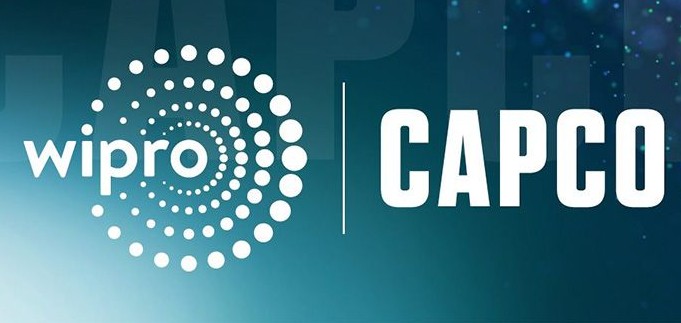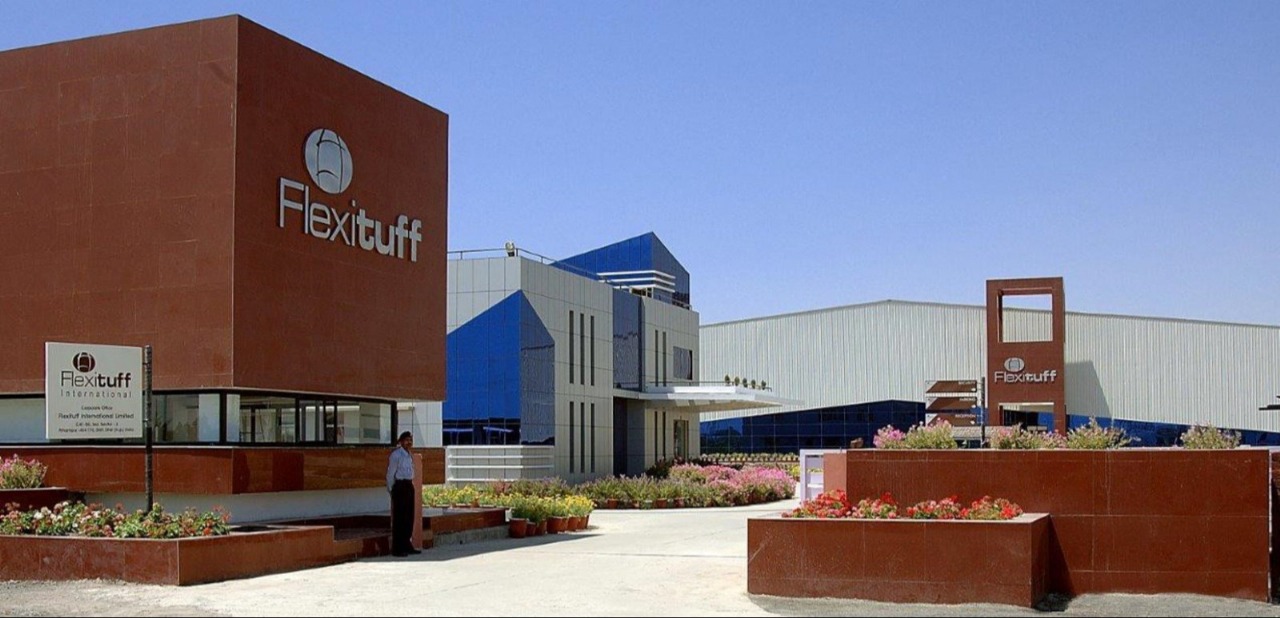
Follow WOWNEWS 24x7 on:

Nigeria’s National Assembly (NASS) faces mounting calls to expedite the passage of pivotal constitutional and electoral reforms that promise to reshape the country’s democratic landscape ahead of the 2027 general elections. Stakeholders across political, civil, and social spheres emphasize that timely reform delivery will bolster transparency, inclusivity, and governance accountability in Nigeria’s evolving democracy.
Key Reform Areas In Focus
Comprehensive constitutional amendments addressing electoral processes, governance decentralization, human rights protections, and social inclusion.
Electoral reform proposals include single-day general elections, independent candidacy rights, creation of dedicated electoral tribunals, and enhanced regulation of local government polls.
Landmark Special Seats Bill aims to reserve 10% of legislative seats for women and 5% for persons with disabilities, signifying a breakthrough for political inclusion.
Judiciary reforms focus on strengthening independence, introducing election tribunals at local government levels, and addressing systemic delays.
Security and policing reforms include consideration of state police to improve law enforcement efficacy amid Nigeria’s complex security challenges.
Momentum And Legislative Dynamics
The ongoing constitution review process has included extensive zonal public hearings engaging diverse voices—from governors and traditional rulers to civil society groups and professional associations. NASS Committees will soon consolidate findings, with expectations for voting on amendments by November 2025, followed by state legislature approvals and presidential assent early next year.
Navigating Controversy And Political Balance
Some reform proposals have provoked intense debate—criminalizing voter abstention has raised fundamental rights concerns while bills on rotational presidency and election commission powers face questions of constitutional viability and social cohesion. Lawmakers tread cautiously to harmonize political interests with the imperative of constitutional order and democratic resilience.
Civil Society And Public Expectations
Advocates urge sustained public consultations to ensure reforms faithfully mirror Nigeria’s ethnic, regional, gender, and religious diversity. Civic education and empowerment of marginalized groups are vital, alongside holding electoral bodies and security agencies to impartiality and professionalism. A culture of peaceful political engagement and respect for democratic norms remains the collective goal.
The Road Ahead
Final voting on reform bills anticipated in late 2025, with accelerated timelines to enable implementation before the 2027 general elections.
Ratification by at least two-thirds of Nigeria’s 36 State Houses of Assembly is required, underscoring the need for broad consensus.
Successful reform completion would mark one of the most comprehensive and expedited constitutional reviews in Nigeria since the 1999 constitution was enacted.
Conclusion
The National Assembly’s ability to swiftly and inclusively finalize these reforms represents a pivotal moment for Nigeria’s democracy. A strengthened constitutional framework and transparent electoral system will foster citizen confidence, reinforce governance accountability, and enhance democratic stability, setting the nation on a forward trajectory toward good governance and participatory policymaking.
Source: Punch Nigeria, PLAC Nigeria, NAN News, News Authority Nigeria, National Assembly of Nigeria Website
Stay Ahead – Explore Now! Meta Infotech Ltd Secures Purchase Orders Worth Rs 1.28 Billion, Setting Stage For Growth





